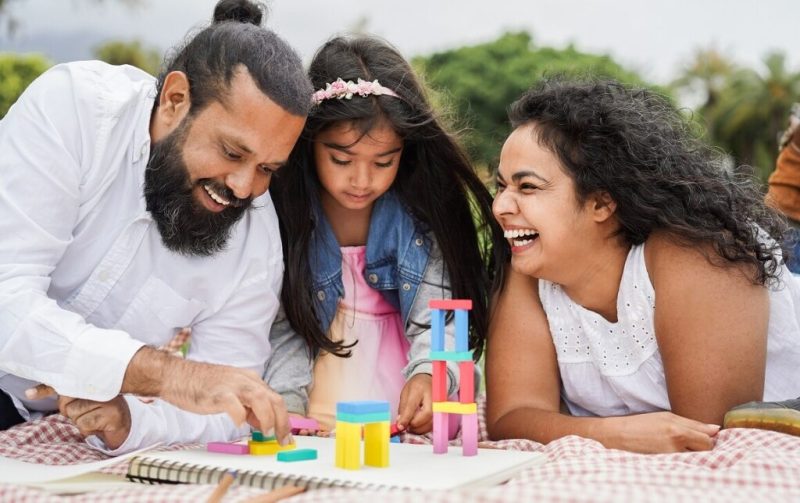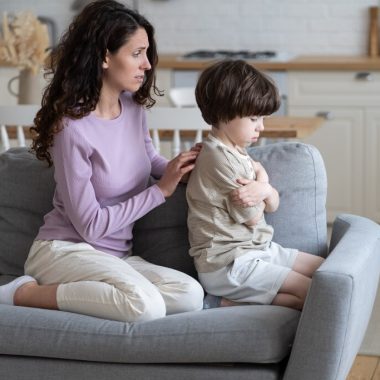The best way to talk to your kids
If you want to be successful with your child, it’s important that they listen and understand. The right tone of voice can help avoid any hesitation or feelings of being talked down at when discussing problems – which will result in more open lines of communication between parent/child!
Kids are quick to anger, and you cannot be aggressive with them. You need patience when talking, understanding what they want in order to get through their thick skulls
Communicating with kids can sometimes feel like an impossible task but it’s not! It may seem hard at first because of all the complicated rules about how best communicate effectively-but if we have any hope as parents then that means there is room for improvement right? Of course I’m talking about childrens’ emotional intelligence here which will teach our little ones ways on being successful communicators before kindergarten even starts up again, there are many ways which will help you in communicating with them and getting a positive response.
Be Confident as a Parent
It is important to have a confident air about yourself before you speak with your child. Be sure not only do they see this in themselves, but also how it makes them feel-as if nothing can bring down their mood or change the way he/she sees himself.
Be Positive
As a parent, you have the power to create your child’s happiness. One of these ways is by being encouraging and kind when they are doing something right or trying new things that may be hard for them. Be happy with what he does accomplish even if it takes him longer than other kids his age- this will help give him self confidence in himself! By listening more often than talking at times like these children can feel heard which means less time brooding over mistakes made on previous occasions because there was someone close enough paying attention enough during an important moment; don’t forget about giving compliments too – make sure not only do good deeds flow both ways but also remember every accomplishment deserves recognition
Parents should always use positive words whenever possible.
Always Use Simple Words and Language
Don’t use lots of words while you are speaking to your child. He or she might get confused and unable to process what’s going on in the conversation properly, which would make him more frustrated than ever before! Remember that he is still very small so think like an adult for once; but try not to hurry into getting a response from them either- most kids get bored easily by long speeches or explanations after all 😉
The easiest way I’ve found when talking with children (and people) about something complicated? Simplify it!! Put yourself inside their shoes–think how hard comprehending complex topics can be without being patronized as if they were kindergarteners – then keep things simple & easy language
Try to Relate or Connect with Your Child
The key to effective communication with your child is developing an emotional bond. This means relating and making eye contact, getting their attention before you speak so that they learn focus, not be distracted by other things going on around them or outside of the conversation when talking about sensitive topics such as homework., try being a good listener but avoid judgmental comments at all costs!
Call Him or Her by His or Her Name
A child’s name is special to him or her; it should be spoken with care and love. When you call your son “raj” instead of just son, he will feel like the most important person in your world! He’ll pay attention faster when addressed by his first name than if said as ‘son’. Remember that children are our future so always use their proper titles during conversations-they may remember this moment for years down the road!”
Set a Good Example
You are your children’s role model. You set an example for them, which they will either follow or reject; it is up to you how much time and energy goes into making this choice in their lives. As parents we cannot just show our children attention when they need help with something but also listen carefully so that the lessons learned come not only from what was said by others around us but through experiencing life’s challenges firsthand while learning empathy along the way
You know the importance of talking softly to your child. If you are not there for them when they need it, then who will? And harsh words can cause self-esteem issues and distance between parent/child bonding! That’s why I always say “be their friend” so that he or she feels more comfortable sharing problems with me–and THAT way we avoid any communication gaps whatsoever in our relationship.
Image Credits freepik








